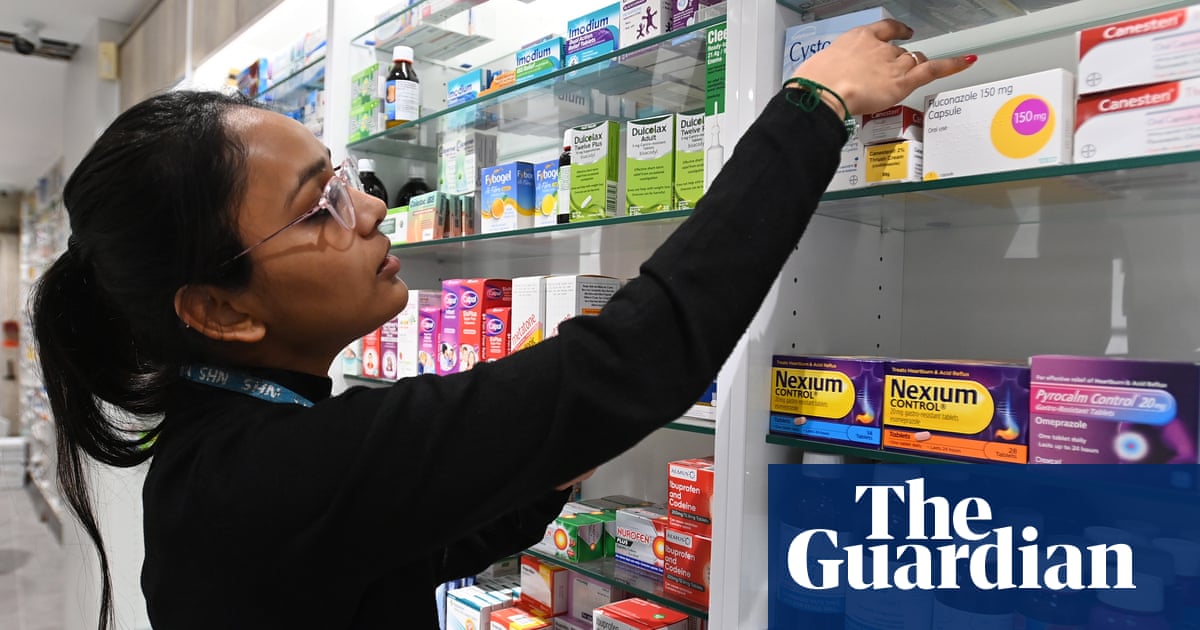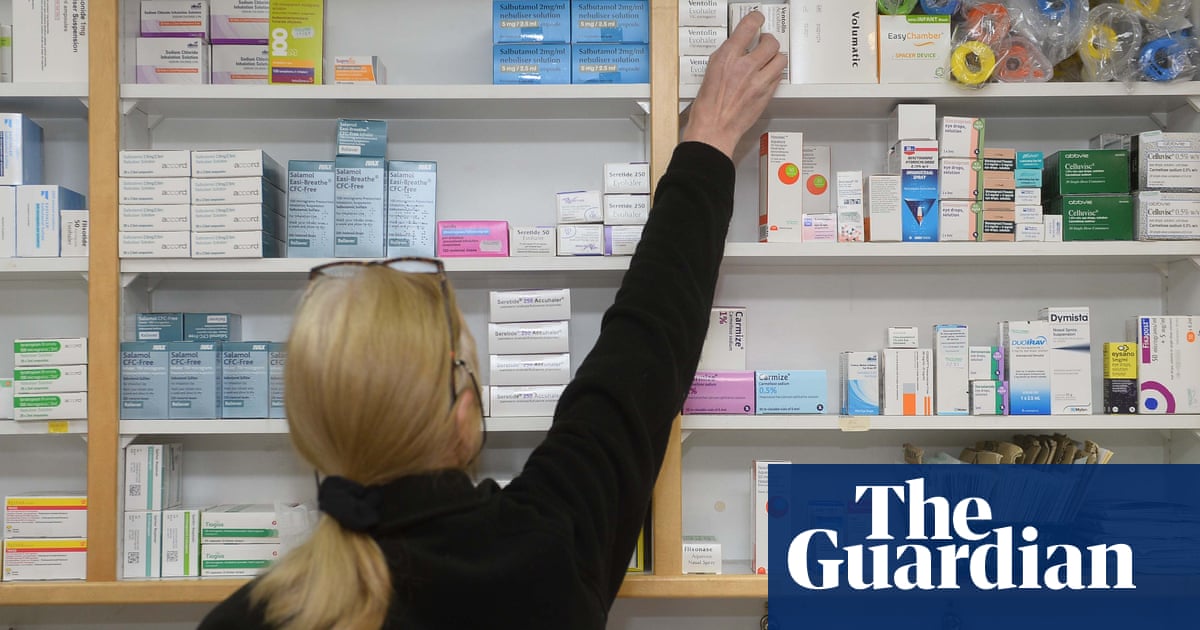
The shortage of key drugs in the National Health Service (NHS medicines shortage putting lives at risk, pharmacists warn, 14 January) could get even worse if the UK government succeeds in actively sabotaging one of its most important sources of cheap generic medicines in a trade deal with India.
Roared on by the pharmaceutical industry, ministers have been using trade talks with India to push for agreement on new, extremely restrictive patent rules that would severely undermine its generic medicines industry. India currently supplies the NHS with around 25% of its medicines and provides even greater amounts to some lower-income countries. Yet, according to leaks from the talks, the UK is demanding that it allows firms to extend patent terms and slap new patents on slightly tweaked versions of existing drugs – reversing protections that have helped India become “the pharmacy of the world”.
The British Medical Association, Médecins Sans Frontières and health organisations in India have all warned that these measures could lead to an increase in the cost of generic drugs, both in the UK and globally. To prevent even worse NHS drug shortages in the future, the government must end its efforts to trash India’s finely balanced patent laws.
Tim Bierley
Policy and campaigns manager, Global Justice Now
Having to switch to a generic anti-epileptic medication is not just an “inconvenience” (Why is UK being hit by medicine supply shortages?, 14 January). The occurrence of an epileptic seizure may have consequences on long-term brain function, memory, cognitive abilities and mood. Seizures also prevent people from driving for a minimum of six months, which could have a knock-on effect on the person’s employment status and their ability to support any dependents.
“Generic brittleness” among people with epilepsy is a well‑known phenomenon, with some studies reporting that 40% of people with epilepsy experience it when switching between different brands of the same drug.
Generic brands are licensed on the basis of pharmacokinetic equivalence (often in healthy volunteers) but this does not necessarily mean that a patient with epilepsy will respond in the same way to drugs manufactured by different companies.
Neurologists are aware that they cannot always explain why some people respond differently to the same active ingredient in a tablet with different excipients. Whether the drug is the original brand or a generic is not important – the point is that switching between different manufacturers for the same drug isn’t necessarily without medical, social and financial consequences for people with epilepsy.
Name and address supplied
My son is in the same situation as your case study Grace Young (‘The worst I’ve known it’: the struggle to get vital medicines in the UK, 14 January), and also has ADHD. He is in his 30s and holding down a management position at a software firm, with quite a lot of responsibilities.Elvanse is the only drug that keeps him able to function “normally” and he has been without his medication since November. The pharmacy keeps citing “manufacturing problems”, which is clearly not the whole story.
The distress and anxiety this situation has caused him has been terrible to see, and he feels he is letting everyone down by not being able to do his job properly. Luckily he has an understanding employer, but this dire supply situation cannot continue. Thank you for highlighting it.
Name and address supplied












